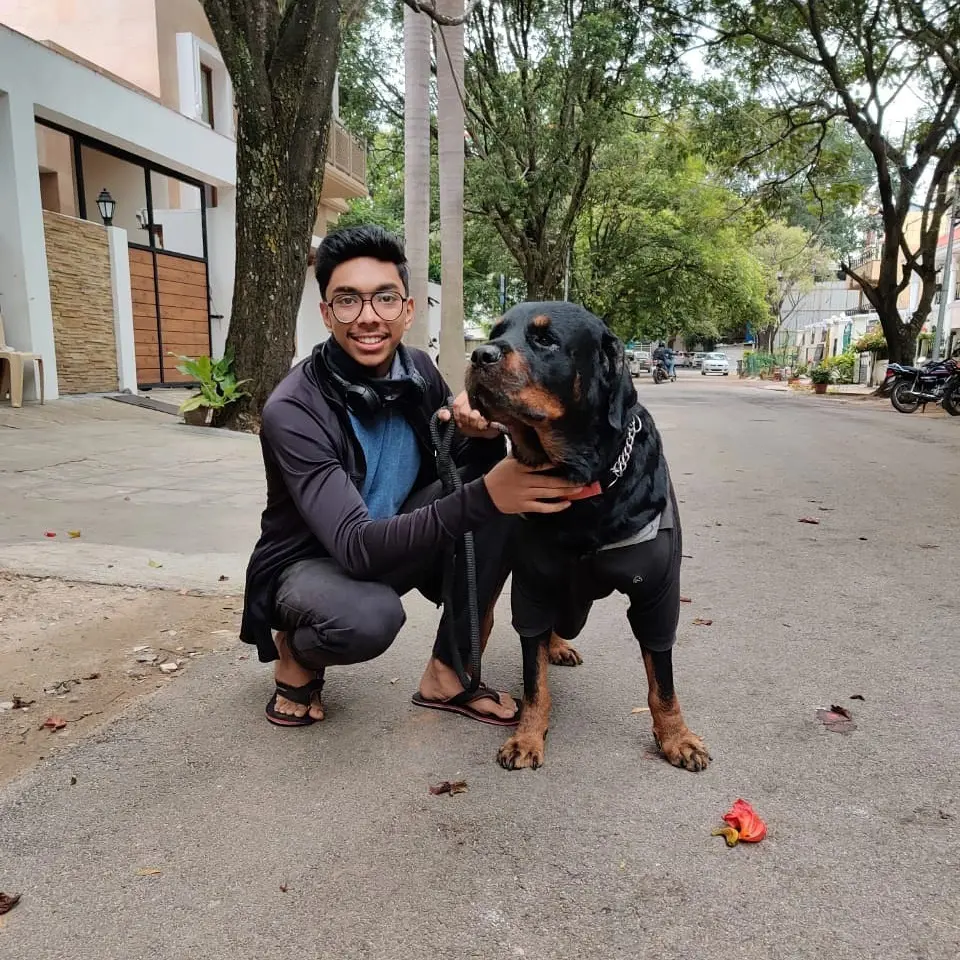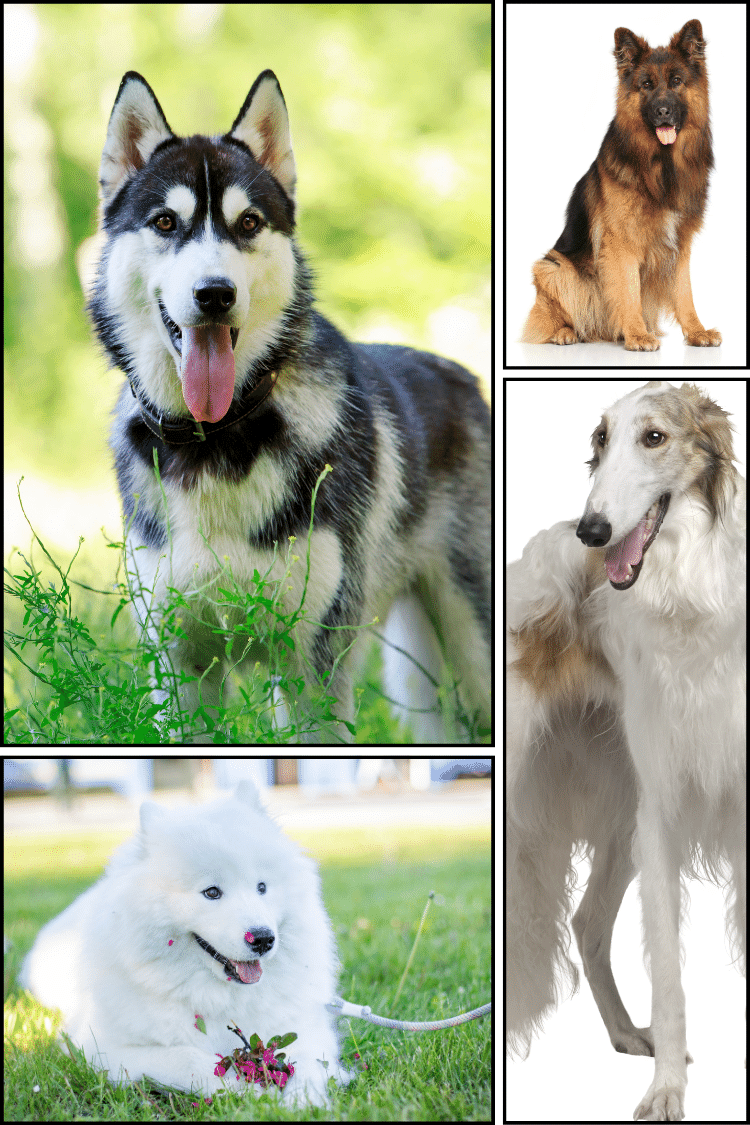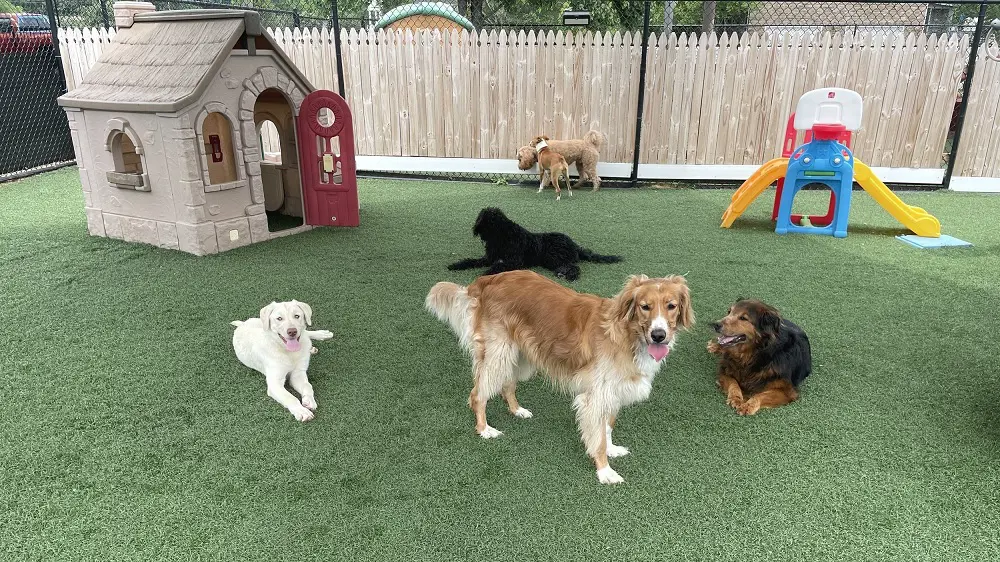Korean Dog Jindo Breed Profile Information And Care
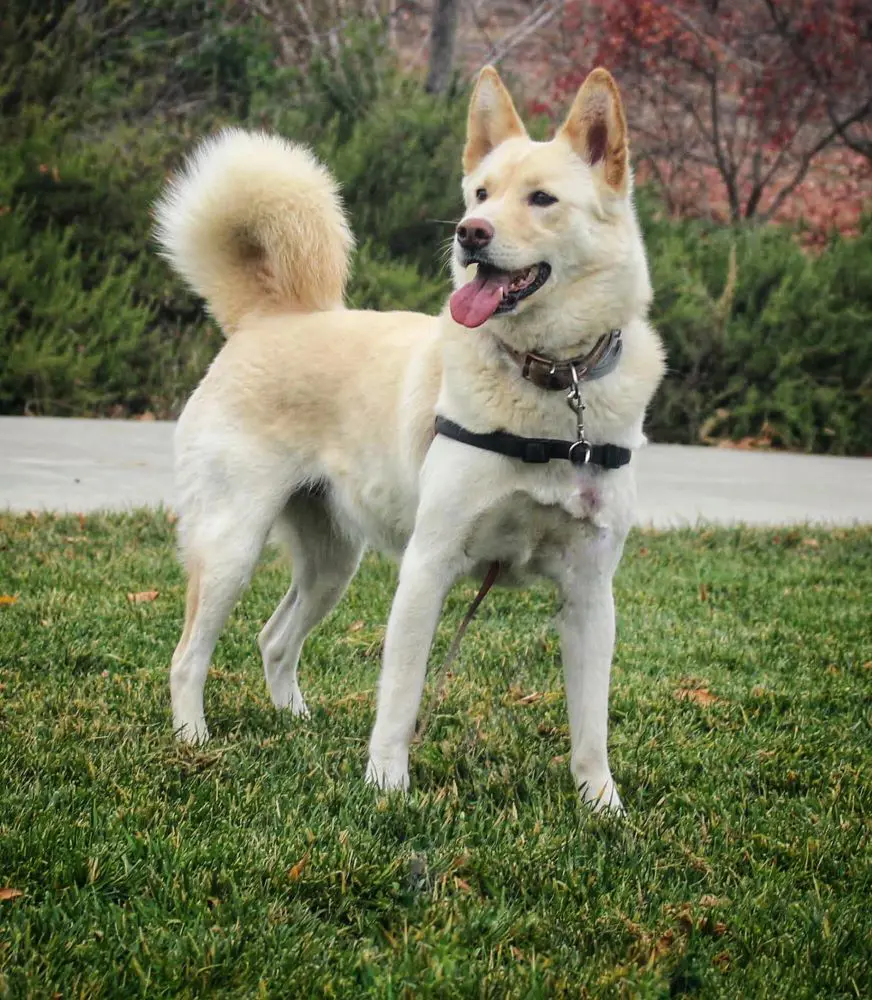
The Korean Jindo is a medium-sized, intelligent, and loyal dog breed from South Korea. Known for their strong bond with their owners, Jindos are also very independent and often exhibit cat-like behaviors. They are excellent watchdogs with a keen sense of loyalty and protectiveness.
This breed is distinct for its high intelligence and agility, making it both engaging and easy to train. Care for a Jindo is relatively straightforward; they require regular exercise and grooming to maintain their dense coat. If you appreciate a loyal, smart, and low-maintenance companion, the Korean Jindo is an ideal choice.
Brief Overview of Korean Jindo Breed
Here is a brief overview of the caucasian shepherd dog breed:
- Origin: Korea
- Breed Size: medium-sized
- Breed Group: Sporting
- Height: 17.5 to 21.5 inches tall at the shoulder
- Weight: 33 to 50 pounds
- Life Span: About 14 years
- Coat Type: Medium length with double coat
- Coat Color: Red fawn, white, black, black and tan, wolf grey and brindle, with a light undercoat
- Temperament: Careful, intelligent, calm, protective, faithful
History
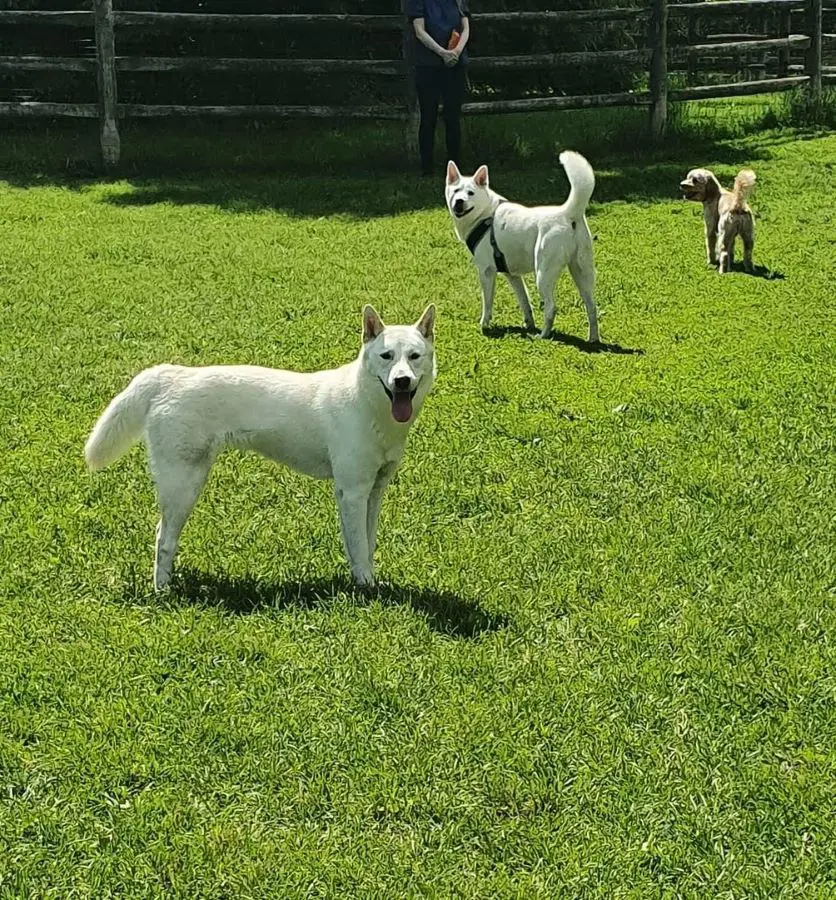
The Korean Jindo dog has a long and fascinating history that dates back to ancient Korea. Originating from Jindo Island, which is located off the coast of South Korea, this breed was originally developed as a hunting dog.
For centuries, Jindos were used by Korean hunters to track and hunt various game, including deer and wild boar. Their natural hunting skills and keen senses made them highly valued in Korean culture.
Over time, they became known for their loyalty and intelligence, traits that were highly prized by their owners. Jindos were even considered sacred and were often featured in Korean folklore and art. Today, they are cherished as loyal companions and are recognized as a national treasure in South Korea.
Characteristics Ratings Of Korean Jindo Dog Breed
Here, we have rated the characteristics of the Korean Jindo Dog out of 5:
- Adaptability: 3/5
- Friendliness: 3/5
- Trainability: 3/5
- Exercise Needs: 4/5
- Grooming: 3/5
- Health: 3/5
- Aggressiveness: 2/5
These ratings provide a general overview based on the breed's typical characteristics, but individual dogs may vary. Proper socialization, training, and care can influence these traits positively.
Korean Jindo Breed Personality
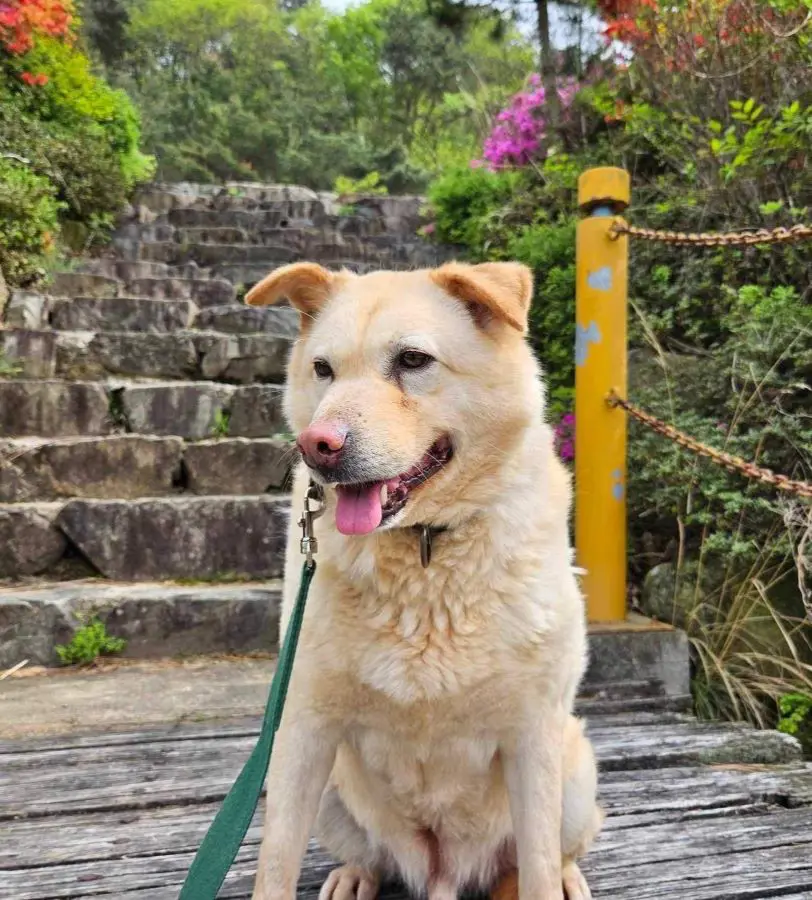
The Korean Jindo dog is renowned for its unique blend of traits that make it a beloved companion and a formidable working dog:
Loyalty and Independence
Jindos are renowned for their intense loyalty to their families. They form deep, lasting bonds with their owners, often showing an unwavering commitment to their loved ones. This breed's loyalty is coupled with a strong sense of independence.
Historically, Jindos were used as hunting dogs on Jindo Island in South Korea, where they developed the ability to operate independently from their human handlers. This trait is still evident today and can sometimes make them seem aloof or indifferent towards strangers.
Intelligence
Jindos are highly intelligent dogs, possessing exceptional problem-solving skills and a keen ability to learn quickly. Jindos can pick up new commands and tricks with ease, but their intelligence also means they can become bored easily if not adequately stimulated.
Mental challenges, such as puzzle toys or advanced training exercises, are excellent ways to keep their minds sharp and engaged.
Protectiveness
As natural guard dogs, Jindos exhibit strong protective instincts towards their families and territories. They are alert, making them effective watchdogs.
While this makes them excellent watchdogs, it also means they need proper socialization from a young age to distinguish between friend and foe. Without appropriate training, their protective nature can sometimes lead to over-guarding behaviors
Agility and Stamina
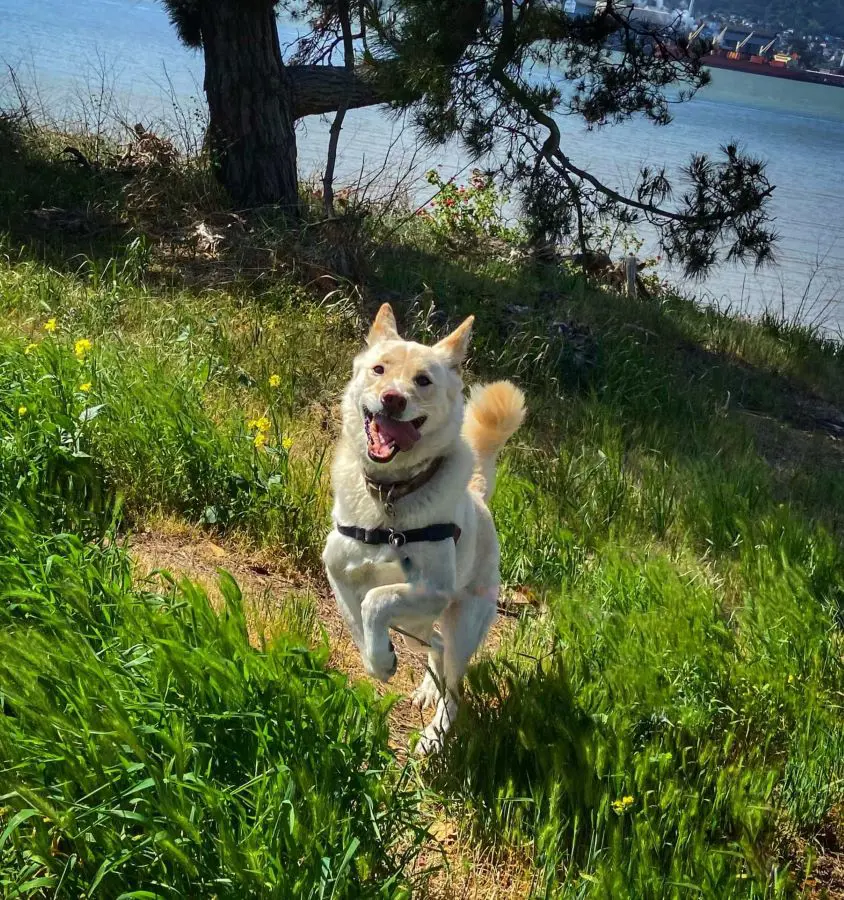
Jindos are athletic and agile dogs, capable of excelling in activities that challenge their physical prowess. They have a high level of stamina, which makes them suitable for long walks, hikes, and other outdoor adventures.
Without sufficient exercise, Jindos can become bored and potentially develop behavioral issues such as destructiveness or excessive barking.
Adaptability
Despite their strong-willed nature, Jindos can adapt well to various environments and lifestyles, provided they receive proper training and socialization from an early age.
They can thrive in both rural and urban settings, as long as their exercise and mental stimulation needs are met.
Sensitivity
Known for their sensitivity to their owners' emotions, Jindos can be deeply attuned to the moods of their family members, offering comfort and companionship in times of need.
While this trait makes them excellent emotional support animals, it also means they can be affected by the emotional climate of the household. A calm and stable environment is ideal for a Jindo to thrive emotionally.
Exercise And Training Needs
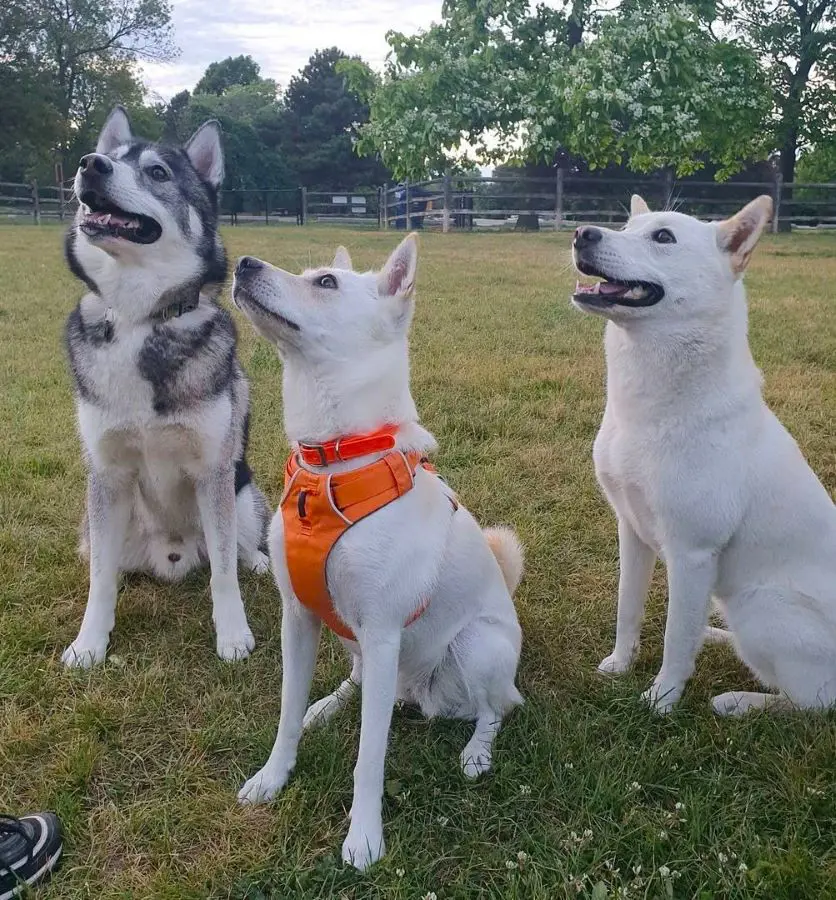
The Korean Jindo dog is known for its high energy levels, which reflect its history as a skilled hunter and active working dog. Proper socialization from a young age is crucial to manage their strong prey drive and ensure they interact well with other animals and people during exercise and training sessions.
High Exercise Needs
This dog breeds jindo thrives on regular physical activity to maintain its physical health and mental well-being. Jindos are known for their agility, stamina, and intelligence, making them well-suited for activities that engage both their body and mind. They benefit from daily walks, jogging, or hikes to fulfill their exercise needs.
Additionally, interactive play sessions and activities stimulating their instincts, such as fetch or scent games, are highly recommended. Due to their independent nature, they enjoy activities that allow them to explore and use their keen senses.
Providing adequate exercise helps prevent behavioral issues and strengthens the bond between the dog and its owner.
Consistent and Firm Training Needs
The Korean Jindo dog is intelligent and independent, which influences its training needs. While highly trainable with the right approach, Jindos requires consistent, patient, and firm training methods from an early age.
They respond well to positive reinforcement techniques like treats and praise but can be stubborn and resistant to repetitive commands.
Early socialization is crucial to help manage their strong prey drive and aloofness with strangers. Training should focus on building trust, establishing clear boundaries, and ensuring they understand commands reliably.
Engaging them in mentally stimulating activities and tasks that cater to their instincts, such as scent work and agility training, helps channel their energy productively.
Lifespan and Nutritional Need
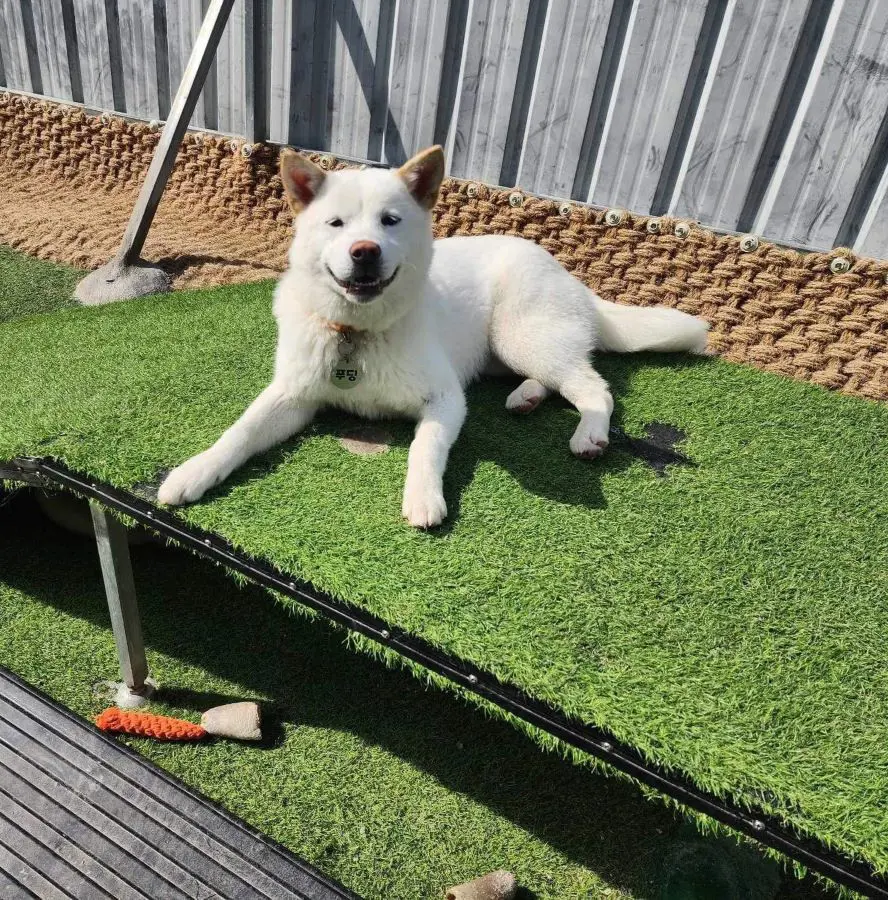
The average lifespan of this dog breed ranges from 12 to 15 years. To promote a longer and healthier life, several factors play a crucial role. Proper nutrition tailored to their age and activity level is essential, as Jindos can be prone to obesity if overfed.
Regular exercise is also vital to maintain their physical and mental well-being, helping to prevent behavioral issues. Routine veterinary care, including vaccinations, parasite control, and regular health check-ups, is necessary to catch and treat any potential health concerns early.
Nutritional Need
Korean Jindo dogs require a balanced diet rich in high-quality protein to support their active lifestyle and muscular build. A diet formulated with moderate fat content is ideal, providing energy without promoting obesity, which Jindos are prone to if overfed.
- Protein: A diet with a protein content of around 25–30% is suitable to maintain muscle mass and overall health.
- Fat: Opt for healthy fats such as those from fish or poultry, which provide essential fatty acids for coat health and energy.
- Carbohydrates: Limit carbohydrates and opt for whole grains or vegetables to provide fiber and essential nutrients.
- Vitamins and Minerals: Ensure adequate intake of vitamins like A, D, and E, and minerals such as calcium and phosphorus for bone health.
Here is a sample dietary plant for them:
- Morning: 1 cup of high-quality dry kibble with 1-2 tablespoons of wet food or cooked lean meat.
- Evening: 1 cup of dry kibble with a mix of steamed vegetables or brown rice, and a small portion of lean protein.
- Treats: Use small, nutritious treats like carrot sticks or pieces of apple for training.
Adjust portions based on age, activity level, and individual metabolism. Always provide fresh water and monitor weight to adjust feeding amounts accordingly.
Potential Health Problems
Korean Jindo dogs are generally healthy, but like all breeds, they can be prone to specific health issues. These issues usually develop as the dog matures, requiring attentive monitoring and early veterinary intervention.
Regular check-ups, proper nutrition, and maintaining a healthy weight can help mitigate these risks.
Here are some of the common health problems they encounter:
- Pemphigus foliaceus: A skin disease that typically starts around four years of age, causing crusts and hair loss.
- Hip dysplasia: A genetic condition where the thigh bone doesn't fit properly into the hip joint, typically seen in middle-aged to older dogs.
- Allergies: Jindos can develop allergies to food, pollen, or other environmental factors, leading to skin itching and irritation.
- Hypothyroidism: A thyroid gland disorder that can affect metabolism, energy levels, and overall health.
- Obesity: It can be a serious health problem for Jindos, and it can cause or worsen joint problems, metabolic and digestive disorders, back pain, and heart disease.
Basic Care Routine
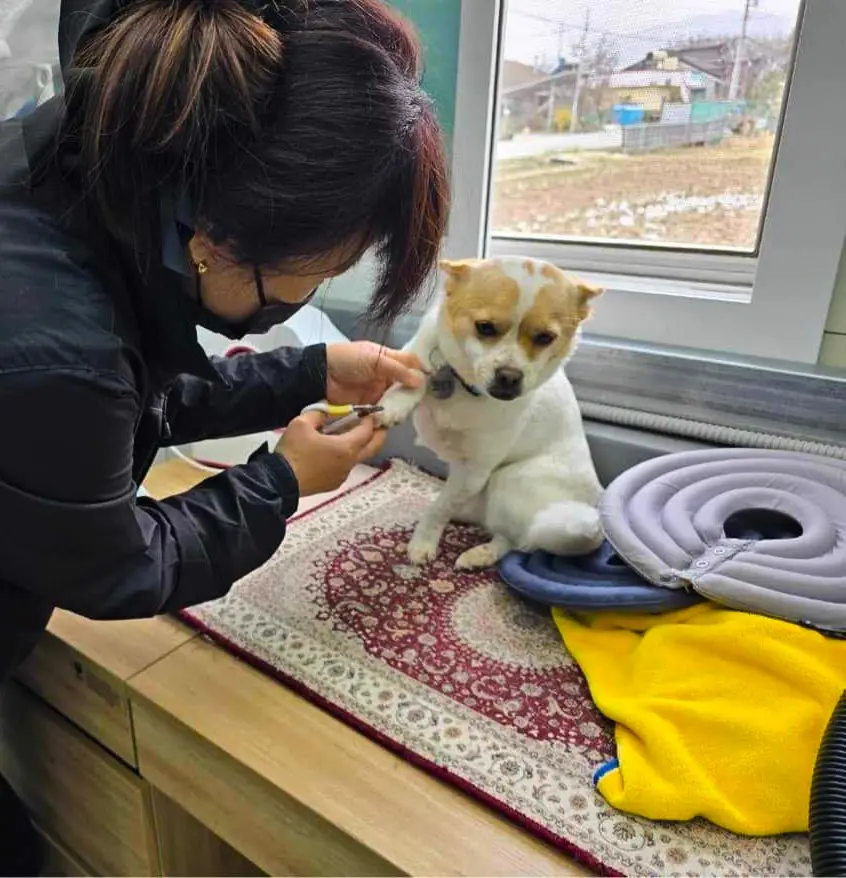
The Korean Jindo breed demands moderate to high care due to several factors intrinsic to its nature and health needs. Overall, the Korean Jindo breed's care demands stem from their active disposition, grooming requirements, and the need for structured training and health maintenance routines to ensure they thrive both physically and mentally.
Adhering to these instructions can ensure your dog enjoys a lengthy, joyful life as a beloved part of your household.
- Bathing: Jindos have a clean and natural coat that doesn't require frequent bathing. Bathing them every 4-6 weeks or as needed, using a mild dog shampoo, helps keep their coat clean without stripping natural oils.
- Brushing: Their double coat sheds seasonally, with heavier shedding occurring twice a year. Regular brushing, ideally weekly or more during shedding seasons, helps manage loose fur and prevents matting.
- Nail Trimming: Keeping their nails trimmed is important to prevent overgrowth, which can lead to discomfort and issues with walking. Trimming nails every 4-6 weeks or as needed, depending on wear, helps maintain their paw health.
- Ear Cleaning: Regularly inspecting and cleaning their ears helps prevent wax buildup and infections. Cleaning their ears every 1-2 weeks with a veterinarian-approved ear cleaner and a cotton ball or pad is recommended.
- Dental Care: Like all dogs, dental hygiene is crucial. Brushing their teeth regularly with dog-specific toothpaste and providing dental treats or toys helps prevent dental disease and maintain overall health.
Puppies of Korean Jindo Breed
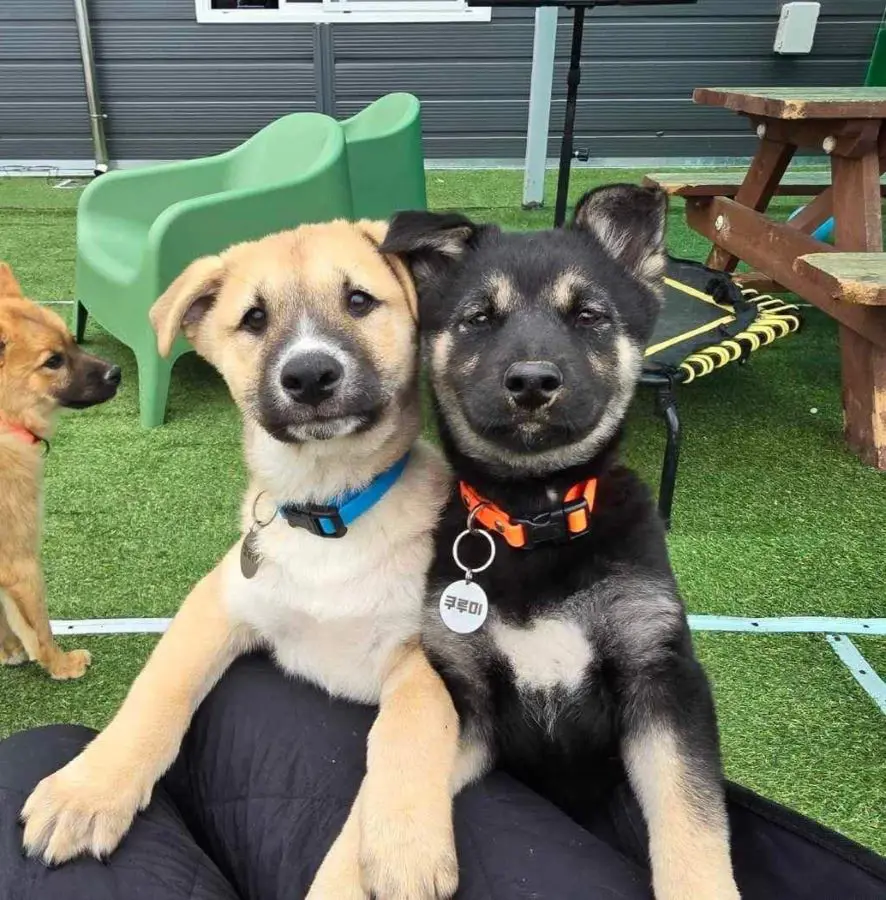
When looking to purchase a Korean dog breed jindo puppy, it's crucial to find reputable breeders who prioritize the health and temperament of their dogs. Responsible breeders will provide health clearances, pedigree information, and a suitable environment for their dogs.
Adoption through rescue organizations or breed-specific rescues is also an option to consider, offering opportunities to provide a loving home to a Jindo in need.
The American Jindo Association also provides resources and breeder directories where you can find registered breeders. Moreover, websites like AKC Marketplace or Petfinder sometimes list Jindos available for adoption or from breeders.
Korean Jindo Male vs. Female
Male and female Korean Jindo dogs exhibit some distinct differences in their physical appearance, temperament, and behavior. Physically, males are generally larger and more muscular than females, with a more pronounced and broader head structure. This size difference can make males appear more imposing.
In terms of temperament, males tend to be more dominant and territorial, often displaying stronger protective instincts. This can make them more assertive and sometimes more challenging to train without a firm and consistent approach.
On the other hand, female Jindos are usually more affectionate and nurturing, often forming closer bonds with their owners. They may also be more adaptable and easier to manage in various social settings, as they tend to be less aggressive and more sociable.
Both sexes are highly intelligent and loyal, but these subtle differences can influence their suitability for different owners and environments.
Facts About Korean Jindo

With a striking appearance with a fox-like face, upright ears, and a thick double coat, dog breeds jindo are fascinating creatures with several notable facts that highlight their unique characteristics and history:
- These dogs are still extremely rare outside of Korea.
- The Korean Jindo is a fastidiously clean breed with no doggie odor.
- Some people worry when their Jindo sleeps all day. This is a trait that makes them similar to cats.
- They are recognized for their distinctive howl, which is more melodious and haunting compared to typical dog barks.
- They are considered a national treasure in South Korea, where they are highly revered for their loyalty and historical significance.
- Jindos have a natural fear of water and dislike getting wet. They also shed their coats twice a year, sometimes when they first arrive at a new home.
Top Lists
